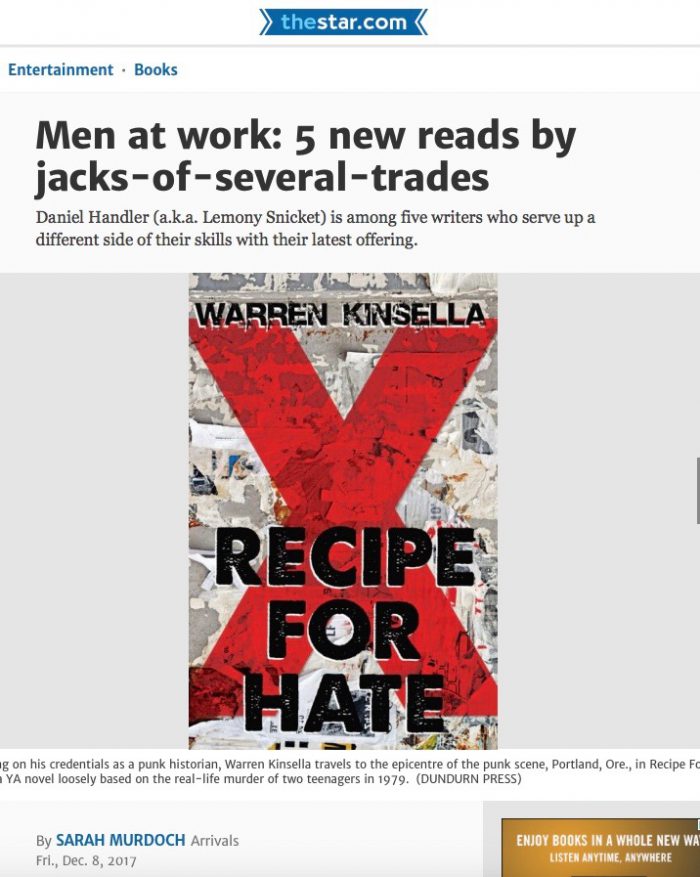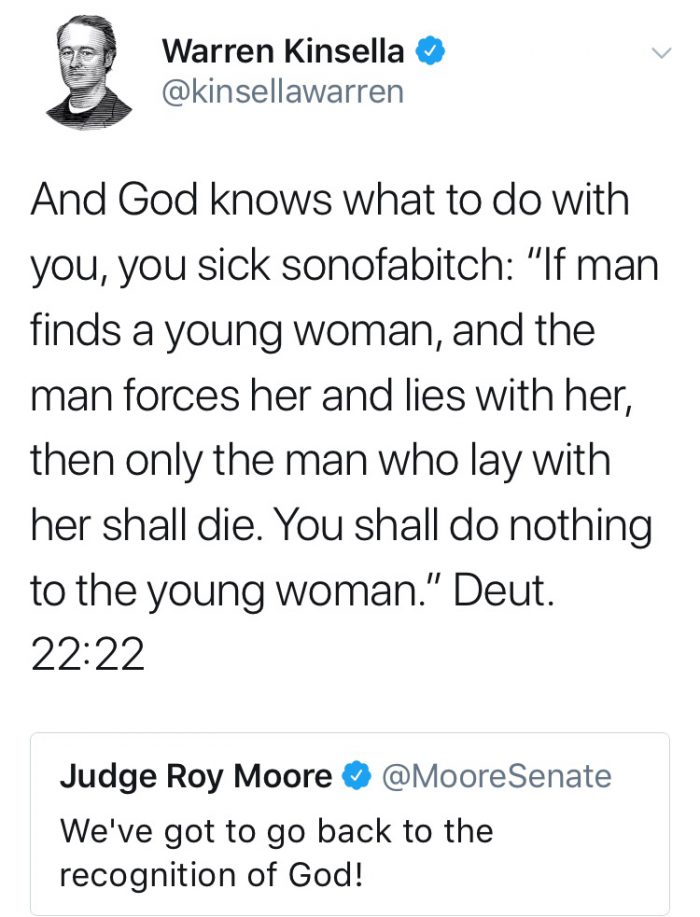It’s hit Hollywood. It’s taken down big names in the media. All over Capitol Hill in Washington, too.
So why hasn’t the #MeToo movement claimed any of the creeps crawling through Ottawa’s corridor of power?
Because, God knows, there’s plenty of dirty old (and young) men up there. The stories are legion. So, where is the #MeToo coming out of political Ottawa? Where are the men of Parliament Hill, solemnly pledging #HowIWillChange?
We are in the midst (hopefully) of a profound transformation: Matt Lauer; Harvey Weinstein; Al Franken; Kevin Spacey; Mark Halperin; Charlie Rose; Glenn Thrush; Louis C.K.; Roy Moore; Russell Simmons; Steven Segal; Dustin Hoffman. And dozens more – accused of, and guilty of, everything from rape to inappropriate sexual remarks.
It is extraordinary, it is positive, and it is overdue. As jarring and as unpleasant as the details may be, we seem to be on the cusp of an actual change in the culture.
Everywhere but in Ottawa, that is.
Here’s a tale, in which the names have been omitted to protect the victim. It’s not by any means recent, but it is still relevant.
Way back when, when I was student council president, a friend at Carleton’s journalism school told me that a prominent broadcast journalist was sexually harassing her and threatening her. He told her she would never work in journalism if she didn’t give him what he wanted. She was very upset; she was crying. I believed her.
I called his boss to complain – and to say, as student council president, I didn’t want this man on campus. I told him what my friend had told me. I told him my friend would not make this up. The boss told me someone at CBC would get back to me.
No one ever did. Instead, I later ran into the prominent broadcaster at a political event I’d organized. He looked at me, almost with delight. “Ah, the famous Warren Kinsella,” he said. That night, he and the CBC broadcast a venomous, one-sided hatchet job on my candidate, and me.
The broadcaster? He stayed employed at CBC, and later got a plum political appointment. He’s still on the Hill, too. My friend? She never ended up fulfilling her dream of working as a broadcast journalist.
And me? I learned a lesson: powerful men in Ottawa have power, and they know how to use it. They know how to get what they want.
There are other such stories, much more current. Not long ago, I was told of allegations made by some young people about a very, very powerful man in Ottawa. I did not see the statements, so I do not know the specific allegations made therein, as the lawyers would say.
But these allegations – which were confirmed to exist, by multiple people who would know – describe a profound imbalance in power. They describe how this very, very powerful man used his power to get what he wanted sexually.
There are many other such stories, involving elected men and male staffers in all of the political parties. All of us who work on the Hill, or who have worked there, have come across these stories. We have seen some of the evidence. We have heard from the victims.
In my case, I tried. I did what I could. It didn’t work out.
But that doesn’t mean we should give up. That doesn’t mean we should look the other way, either.
Young people occasionally come see me to get advice about how to get involved in campaigns, or how to work for a particular candidate. I always tell them the same three things: one, work only for those who share your passion for an issue. Two, work only for those who believe in something other than power. Three, work only for those who treat their own families – and strangers – with the utmost respect.
Because, I tell them, if they treat their wives like dirt, they will treat you like you are less than dirt.
Personally, I have had the great fortune to work for three men who married their high school/university sweethearts – Jean Chretien, Dalton McGuinty and John Tory. All three men always treated strangers, and their wives and their families, with respect. All three have conducted themselves with decency and probity. Always.
Such men still exist. Not every man in Canadian political life is a scumbag.
But, in Ottawa nowadays, the silence is deafening. It is impossible – impossible – that #MeToo stories can’t be found on Parliament Hill.
So why isn’t anyone telling them?
Comments (5)





